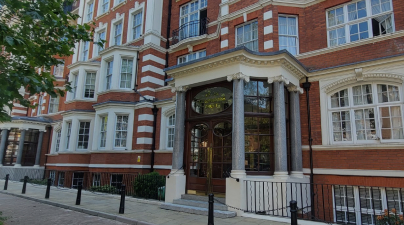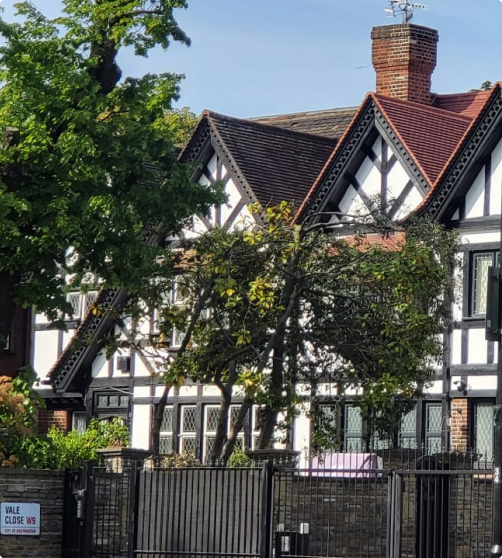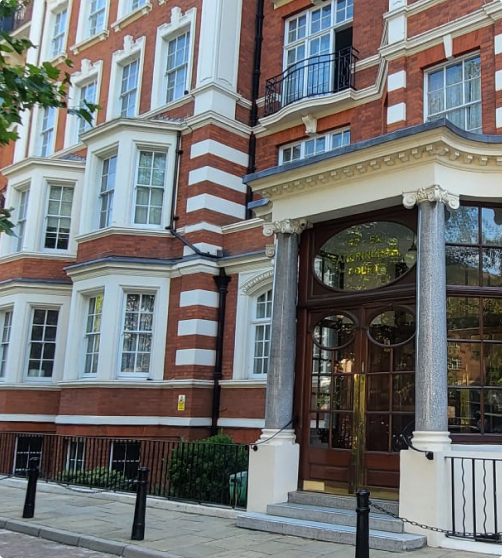The statutory right is a 90 year extension with the ground rent reducing to a peppercorn. To reduce the premium one can offer a higher ground rent and ask for a shorter extended term.
Overview of Leasehold Guidance
"The statutory right is a 90 year extension with the ground rent reducing to a peppercorn. To reduce the premium one can offer a higher ground rent and ask for a shorter extended term."
As the years on a lesse diminish the value of the property will fall relative to other properties with longer leases. The solution is to buy a lease extension.




Leasehold legislation is not simple by any means, there are different rules for leasehold houses and leasehold flats, there are varying requirements for who is a qualifying leaseholder in what circumstance and what area of commercial premises within the building will thwart a freehold purchase situation.
The rules originate in either the Leasehold Reform Act 1967, the Leasehold Reform Housing & Urban Development Act 1993, or the Commonhold & Leasehold Reform Act 2002 and we await enactment of the Leasehold & Freehold Act 2024.
Extending your lease has been a legal right to qualifying leaseholders since 1993. Leases will continue to get shorter and in some areas of London leases of 40-60 years are common place.
Increasingly legislation has been changing to benefit the leaseholder. For example qualification criteria have been relaxed and it is no longer necessary to live in the flat for 3 years or qualifying periods amounting to 3 years. You will need to own the lease for 2 years to qualify but do not need to live in the flat and can own it through a company. BUT, if you want to sell up, you can sell on your rights under Section 43 of the 1993 Act so the new purchaser does not have to wait 2 years to qualify.
Exercising the right requires a formal legal notice to be served on the Freeholder and all intermediate landlords.
Your statutory right is to an additional 90 years with ground rent reduced to a peppercorn.

You can:
- Read more about lease extension, or
- call us 020 7428 1970 to get 10 minutes free consultation
- Instruct us to take action, fill online form now
- Email us your question now





198
The key to our success is our people.

LEE HARLE
Senior Partner Law

Richard Read
Head of Block Management
Wales & West

Nick Pratt
National Head of Site Staff
Block Management

Nick Pratt
National Head of Site Staff
Block Management
Our Right to Manage Experts
The key to our success is our people


























